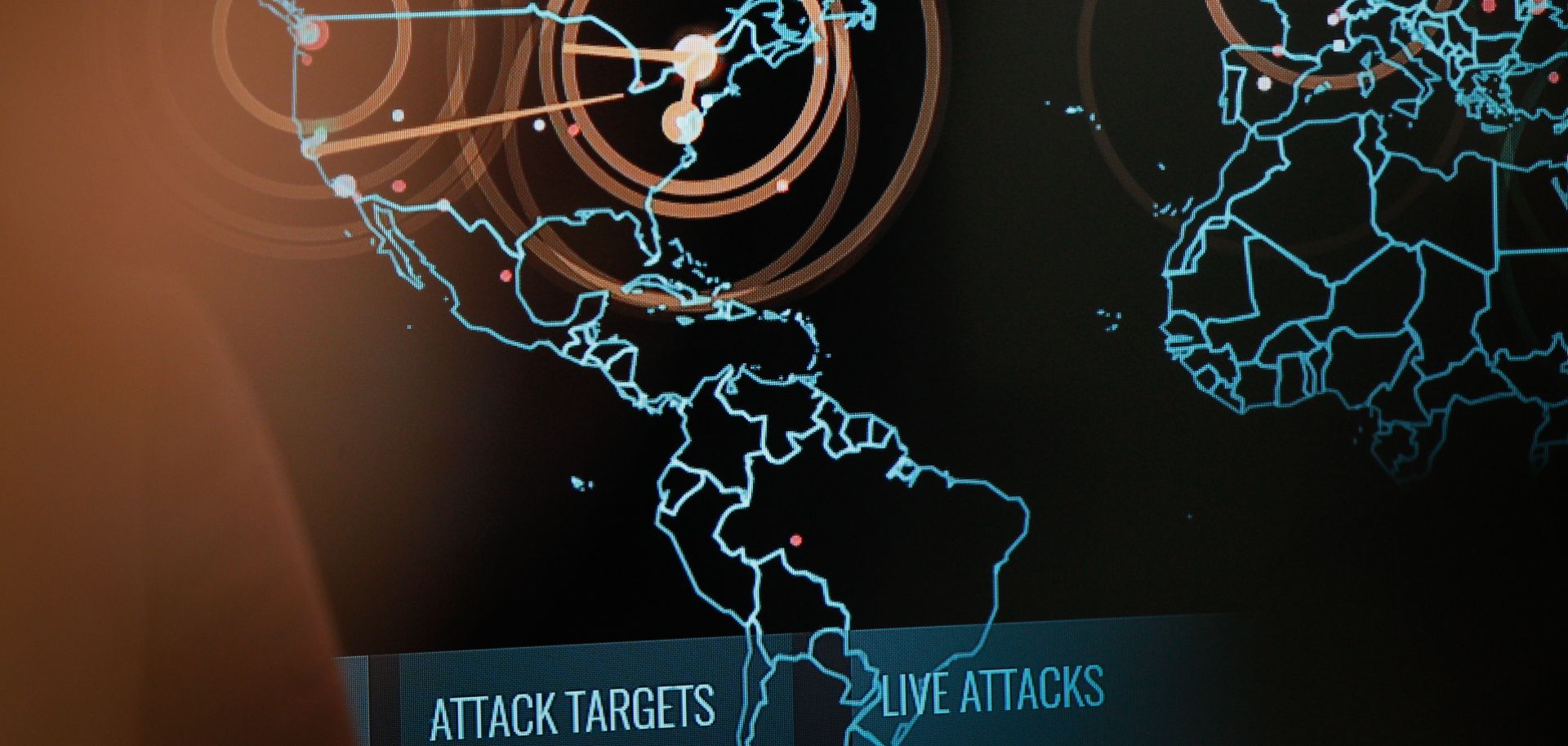GLOBAL PERSPECTIVES
Security and the 'Holographic Society'

Jul 12, 2019 | 11:00 GMT

A NATO training center in Poland conducts an exercise on cyberwarfare and security. Many future-of-war theorists believe that conflict will rarely involve the physical any longer, but rather attempts to "win" without seizing direct physical control over people and territory.
(JAAP ARRIENS/NurPhoto via Getty Images)
Highlights
- The very distinction between the virtual and physical worlds is itself dissolving. Is it time we started thinking about security in the physical world as we do in cyber?
- Successful attacks cannot be entirely prevented but can be survived by building multiple pathways so the enemy cannot take down the entire system.
- Every point in the network has access to the information, so it can, as a practical matter, never be destroyed or altered, something like a hologram. In that way, blockchain essentially models the logic of “defense” as dispersion and redundancy.
- "Distributed" rather than concentrated systems are more survivable and secure in the real world, not just the virtual: To the extent that our concern is purely physical survival, even then, the more dispersed or redundant a population, an economy or a culture, the less a physical attack on it will make any sense.
Subscribe Now
SubscribeAlready have an account?
